Thanks for all your pics to brighten up this interesting thread


I need to move a bit faster for month-end


 Common fiscal
Common fiscal,
Lanius collaris, -,
is a member of the shrike family. Otherwise also referred to as Fiscal Shrike, it is found through most of Sub-Saharan Africa.
Size 21-23
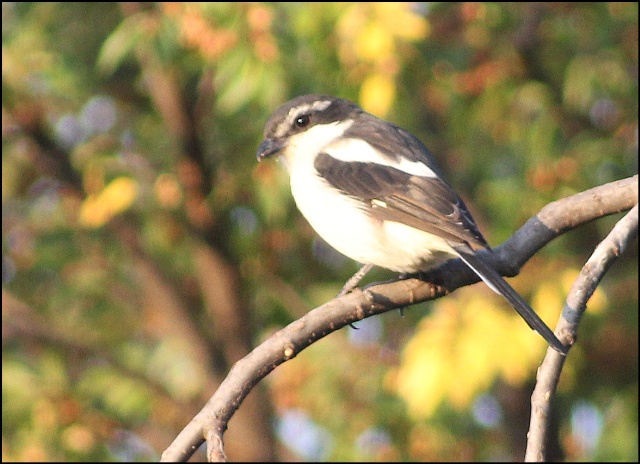
This stunning African mystery bird and the taxman share something.
The common fiscal, Lanius collaris, which is a shrike got its common name in honour of the fiskaal -- a taxman associated with the Dutch East India company. The fiskaal, who wore black and white whilst doing his job, collected year end (fiscal) taxes, viciously preying on people's money and leaving them hanging 'out to dry'.
Adult common fiscals are black and white. Like all shrikes, the common fiscal impales its victims on thorns (sometimes still alive), leaving them hanging 'out to dry' -- or until the bird is hungry. , the spikes on barbed-wire fences or any available sharp point. This helps them to tear the flesh into smaller, more conveniently-sized fragments, and serves as a cache so that the shrike can return to the uneaten portions at a later time.
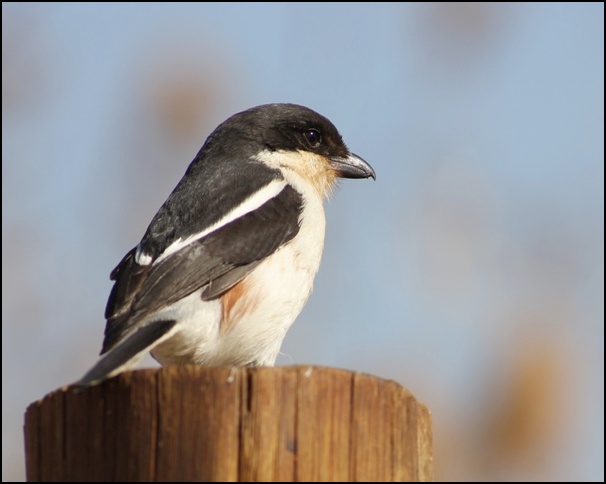
This same behavior of impaling insects serves as an adaptation
to eating the toxic lubber grasshopper, Romalea guttata. The bird waits for 1–2 days for the toxins within the grasshopper to degrade, and then can eat it.
Predictably, this species has a variety of other common names, such as Jacky Hangman as well as the butcherbird (a name applied to all shrikes).
Shrikes make regular use of exposed perch sites, where they adopt a conspicuous upright stance. These sites are used in order to watch for prey items and to advertise their presence to rivals.
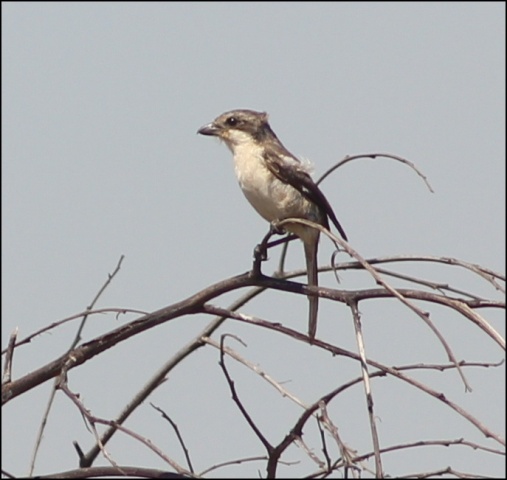
Shrikes are territorial, and these territories are defended from other pairs.
Territorial size is directly related to the density of hunting perches. Installing more artificial perches causes the bird to reduce its territory and allow more birds in a specific range.
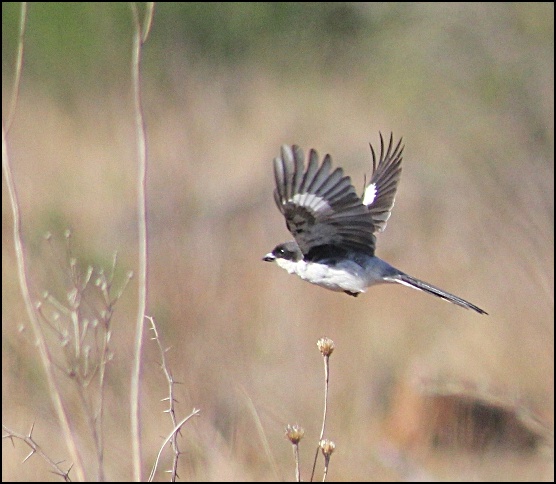
In migratory species a breeding territory is defended in the breeding grounds and a smaller feeding territory is established during migration and in the wintering grounds. Where several species of shrike exist together competition for territories can be intense.
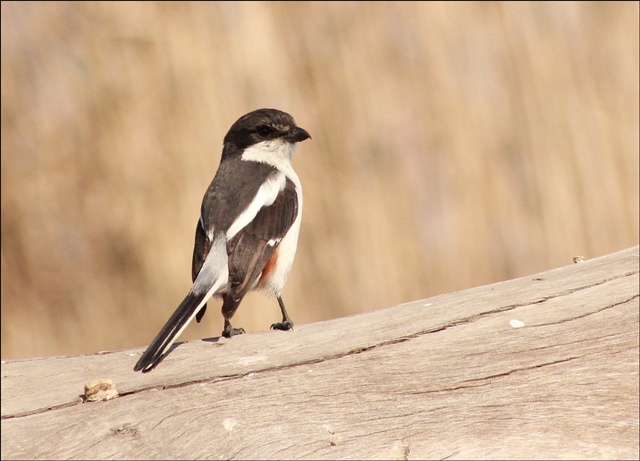
Population : The global population size is not threatened, in fact it is widespread and common
It is extremely common in man-made habitats such as gardens, parks, farmland and roadside
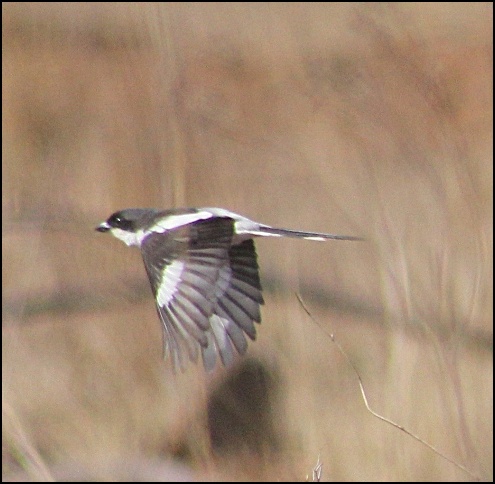
 18.10.2009
18.10.2009 23.5.2011
23.5.2011 18.10.2009
18.10.2009 23.5.2011
23.5.2011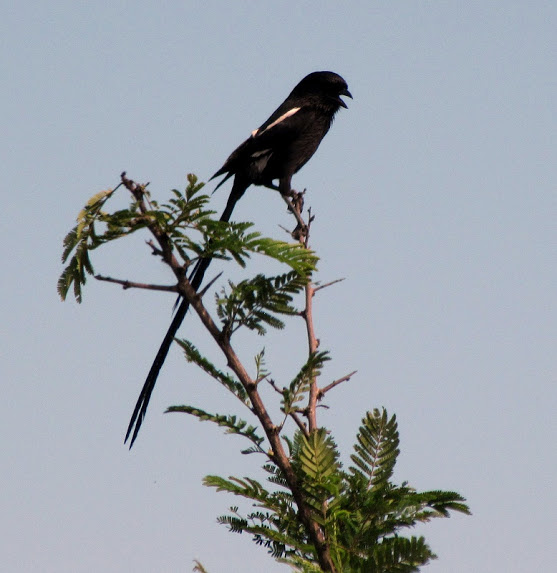
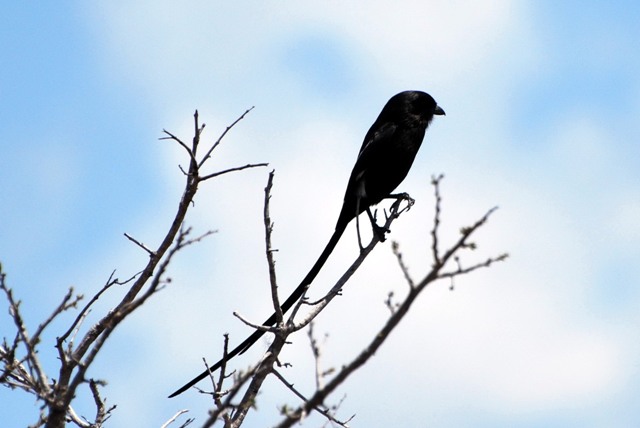
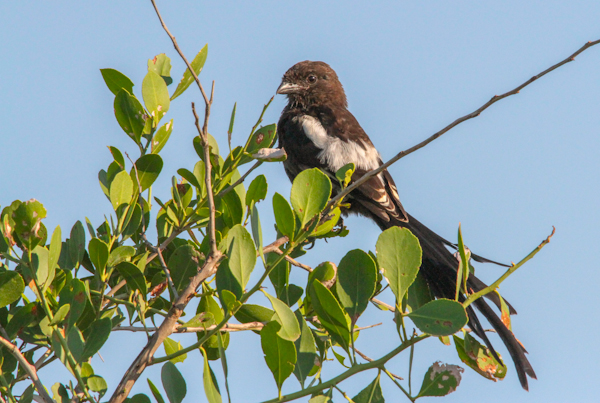
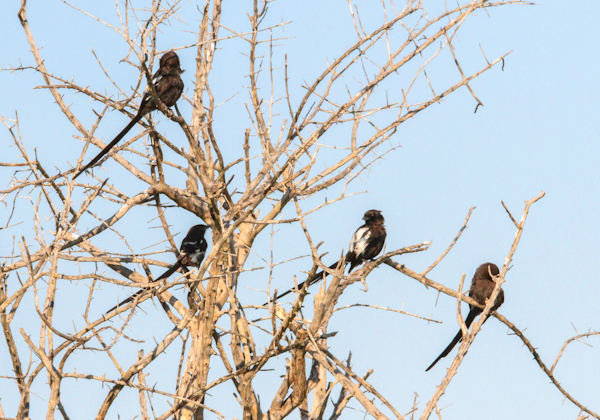






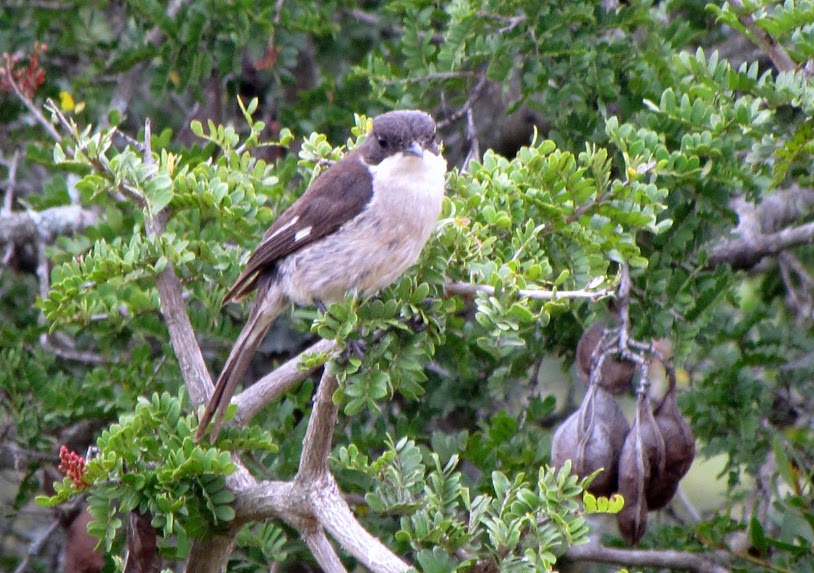
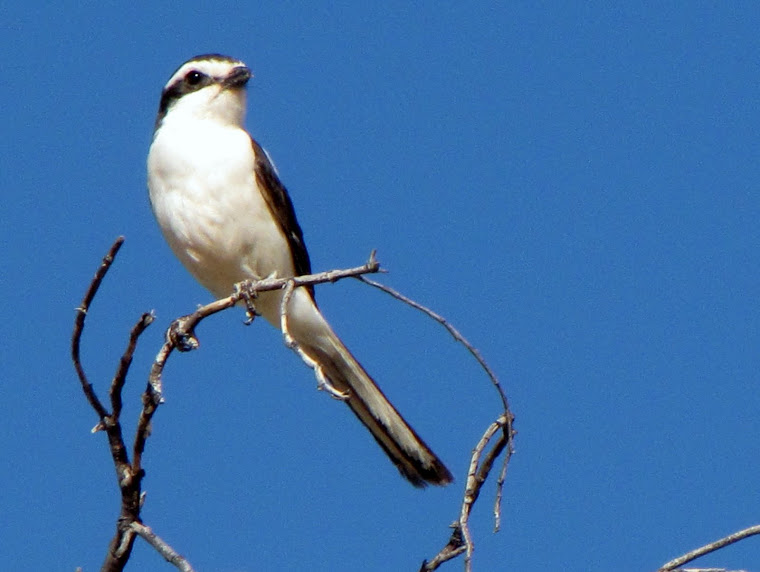
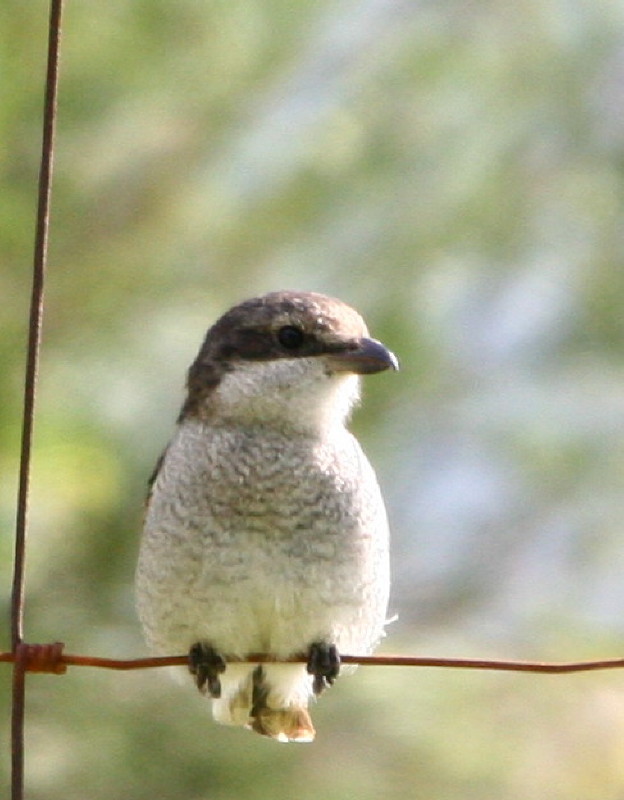
 wet
wet  dry
dry